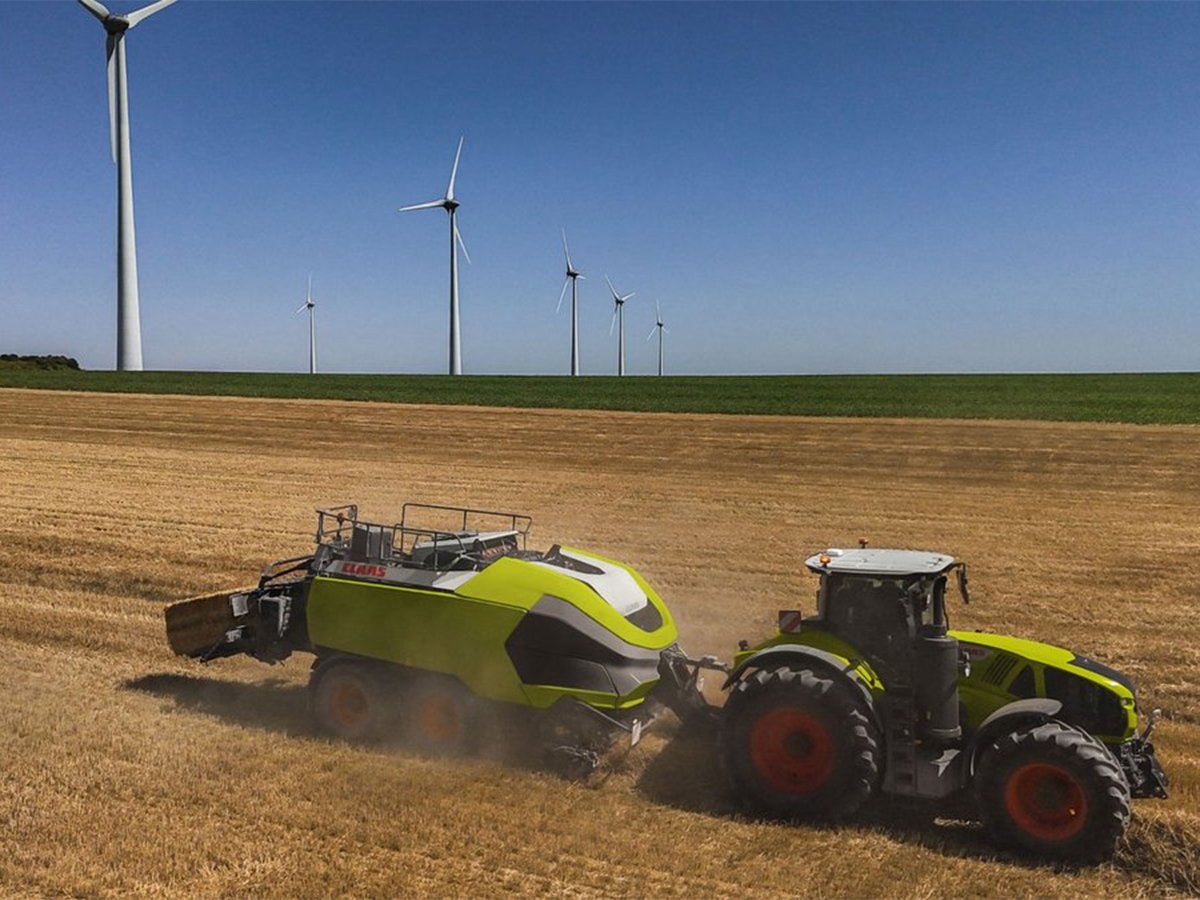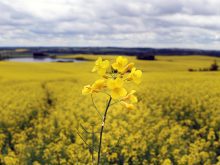The Canadian Wheat Board will spend $200,000 in 2008-09 to finance eight new research projects aimed at strengthening Western Canada’s organic grain industry.
This will be the second year of funding under the board’s Organic Sector Market Development Initiative. Last year, the board allocated $150,000 to nine projects.
|
_____ CORRECTION _____
Read Also
Machinery automation runs through 2025 Agritechnica innovation awardsComputer vision and AI processing for farm machinery show up many times in Agritechnica’s 2025 innovation award winners. The Canadian Wheat Board is helping fund Going Organic Alberta for a conference on agronomics March 11 in Camrose, Alta. Incorrect information appeared in an article on page 17 of the Feb. 5 issue. |
In announcing the funding, CWB chief executive officer Ian White said growing consumer demand for organic products is creating new opportunities for western Canadian farmers.
“We have committed to assisting organic farmers in a number of ways, including funding these worthwhile initiatives.”
Most of this year’s money will be spent on three projects:
* Canadian Organic Growers will receive $75,000 over the next three years to run workshops for farmers making the transition to organic farming.
* Researchers at the University of Manitoba will receive $72,000 over three years to evaluate farm income potential in grazing green manures.
* The University of Saskatchewan will receive $45,000 over the next two years to test spring wheat breeding lines selected under organic crop conditions.
Other projects receiving funding include developing a specialized cultivation shovel for weed control through precision tillage at Western Applied Research Corp., using plant root simulator probes to measure soil mineralization in organic rotations at the U of S, evaluating microbial bio-herbicide for broadleaf weed control at the Scotts Co., providing resources for an organic conference focused on herbicides at Going Organic Alberta, and looking at soil and crop benefits of applying alfalfa pellets, wood ash and rock phosphate at Western Alfalfa Milling Co.
Of the $150,000 distributed last year, about $71,000 will be spent this year on multiyear projects.
Similarly, $$71,000 of the $200,000 announced for this year will be spent over the next two years.
A panel including a research scientist, four organic farmers and CWB staff selects the projects to ensure they provide clear potential benefits for producers.
Recipients can often use the money to obtain matching funds from government agencies.
Ralph Martin, director of the Organic Agriculture Centre of Canada, said he hopes other major agribusiness companies will follow the CWB’s example.
“To keep pace with consumer demand we need more research to address agronomic challenges and increase organic production in Canada,” he said.
He expected interest in organics will increase when the federal government introduces a new Canadian organic regime in June, which will define specific criteria for labelling products as organic.














